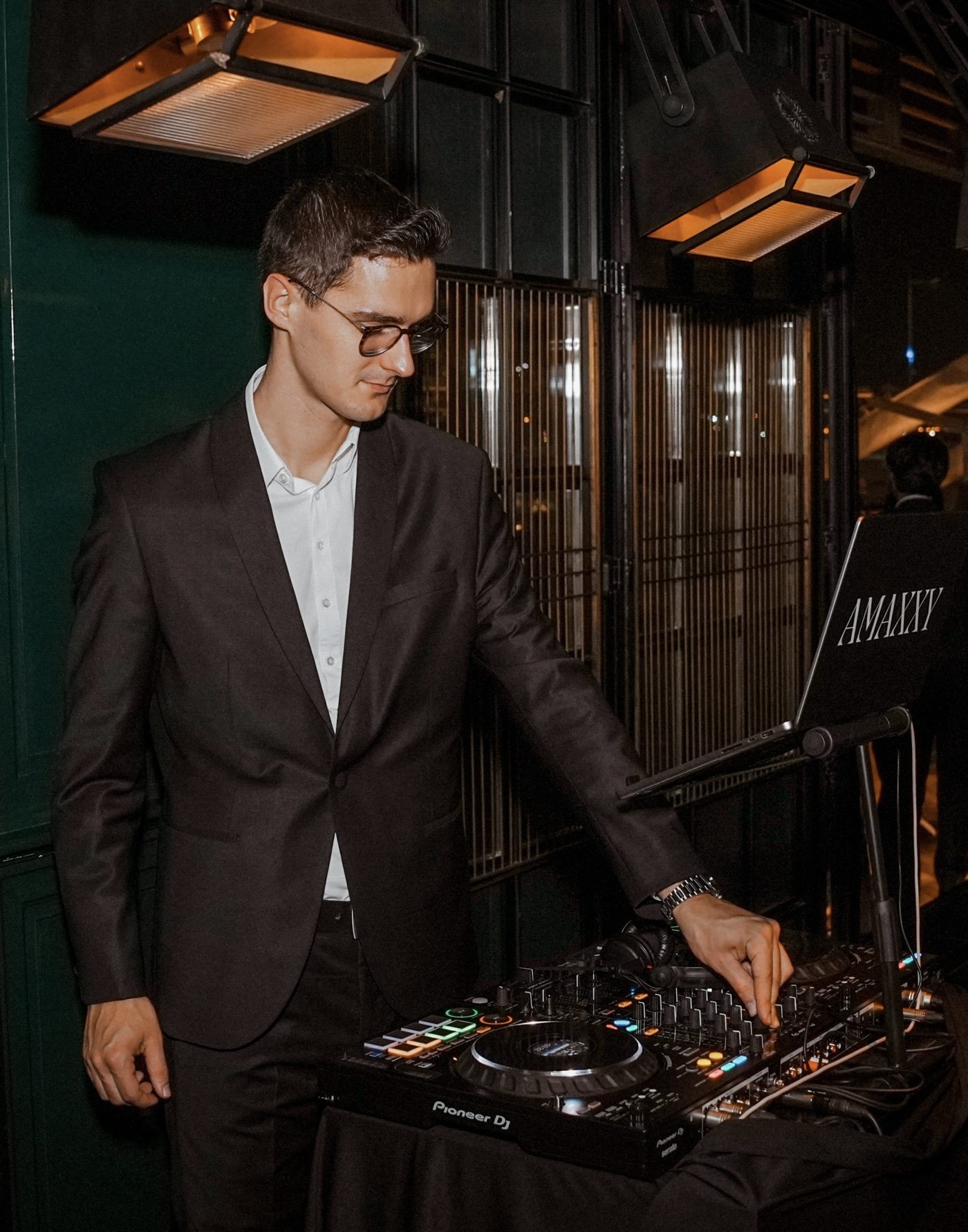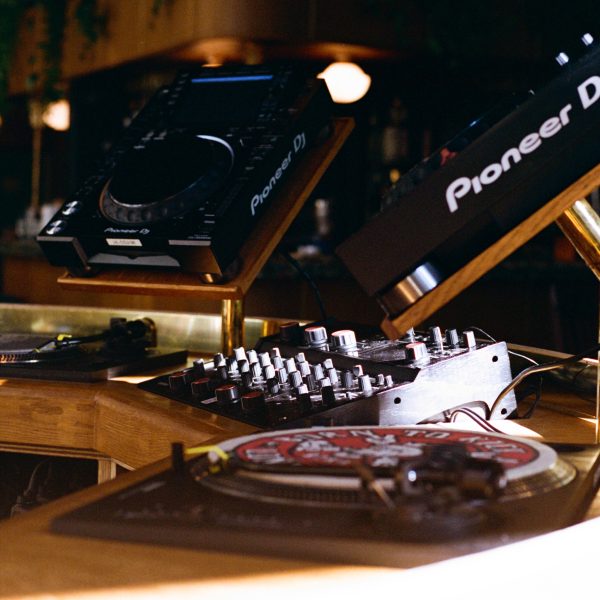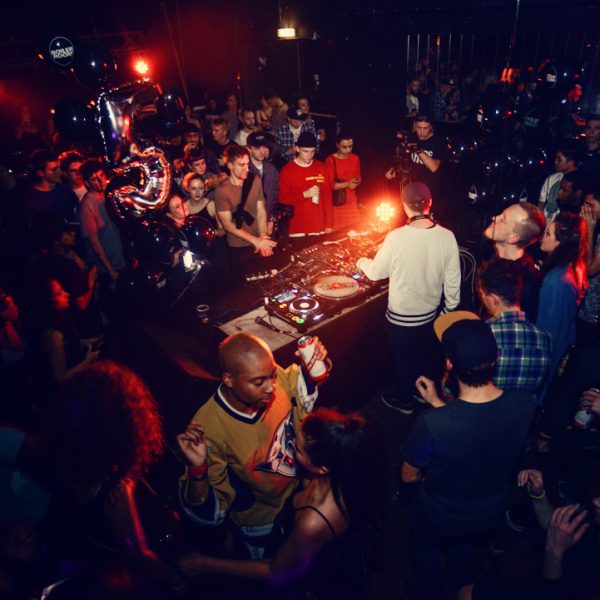Corporate DJing without an agent
Kara Ford, AKA DJ Kara, is a Los Angeles-based DJ who works full-time without an agent. She has her own agency, DJ Kara LA, The Agency, which is an extension of her business and a way to offer other skilled DJs to clients when she isn’t available.
Over the last 10 years, Kara has built a strong reputation as an open-format DJ, playing corporate events for brands like HBO, Disney, Nike, Zillow, Microsoft and Amazon. Originally from Indiana, Kara has a background in producing music “for fun” and a degree in business, so in 2012 she moved to LA to pursue a job in the music industry. Instead, she fell into DJing. During this period, she responded to an online post from a wedding DJ agency looking to train new DJs. She applied and got a position at the agency, where they trained her for six months, twice a week.
“It was a lot of MC training and knowing the flow of a wedding, and then they did a bit of DJ training as well, just teaching you how to DJ,” she said. “I had to do a lot of what I learned on my own, though, because wedding DJing does not have as much mixing, so for a lot of the mixing that I do now, I learned that on my own, and that was just through YouTube.”
Working with the agency built a foundation for Kara, allowing her to go out independently and develop her brand. In the wedding industry, she “learned about people” and their particular needs, which is how she gained most of her experience. She then launched her website, uploaded several multi-genre mixes, implemented clear SEO and started to receive booking requests, followed by 5-star reviews.
“The website can be seen really easily for people specifically looking for female DJs in Los Angeles,” she said. “So if somebody’s typing that in, they’ll find me. Then I have the selling point through the website of the mixes and things like that. So it’s easy to find me. I also have a lot of content saying, ‘Hey, this is what I’ve done.’” Kara has multiple videos on her YouTube channel too, and written recollections of gigs on her blog.
Maxim Vantrois, AKA AMAXXY, is an open-format DJ based in Belgium and the French Riviera. A handful of his current clients include Armand de Brignac (a brand of champagne co-owned by Jay-Z), Formula 1, the Cannes Film Festival and many more. Oh, and he’s also DJ’d for Naomi Campbell, Sylvester Stallone and Bella Hadid.
He started DJing at 14, played house music in Belgian clubs aged 16, then moved to France two years later, where he studied music production and played a couple of corporate gigs on the side. “And then the Cannes Film Festival discovered me, and they really liked my style of music,” he said. “And so I did my first big corporate event at the film festival, and I really, really enjoyed it because with the corporate events there is a lot of budget, so they invest a lot of time and money and details, and this makes me feel more valued for what I do. So we really work on the projects together, and that’s what I really like about corporate DJing.”
Apart from landing a few bookings through agencies during the year, Maxim is “self-managed” and looks after his own requests and schedule. Following his debut set at Cannes, Maxim built his repertoire by networking and going out to other high-caliber events; he was new to the industry and had to start from scratch. “I spoke with people, not only to get gigs but also just to meet and to have interactions with people in the industry,” he said. “Even if they were not going to book me, it was just to understand how the corporate and the high-end event industry works. And then I started playing for other corporate festivals, and then it started rolling.”
What is a typical brief for a corporate gig?
While some briefs might list the bare minimum of details, others will go above and beyond. “Armand de Brignac, for example, have really strict musical preferences, so for every event I play with them, there are multiple video calls to discuss playlists of the set, depending on the importance of an event,” said Maxim. “If it’s a new client, they call me to ask for a quote. If the quote fits their budget, I plan a video call to find out their musical directions and preferences.
“Then I prepare some stuff to match their preferences and schedule another video call,” he continued. “We see if it matches and if I’m on the same line as they want. But that does not mean that I will play only these songs, it’s just to give a direction of what I think will fit with their brand or the preferences they gave me beforehand.”
Maxim’s collection includes disco-funk, classics, R&B, hip-hop, house and anything that could work as “background music” (it’s not always party tunes), as well as Arabic, Lebanese and Indian music for destination weddings.
Maxim said he tries to bring his own style and approach to mixing while keeping the guests happy. “If I use less commercial tracks and more underground tracks, I try to combine it with a vocal so it’s still accessible to the more commercial music lovers, but there is still some new stuff in the mix… I’m not playing just hit charts,” he said, pointing out that he’d otherwise be the same as other DJs. “So I try to make proper edits that have a less commercial aspect, for example, a house song over the vocal of a classic one.”
DJ Kara’s selections vary depending on the brand and the demographic of the audience. “In general, I try to keep it cool and really fresh and not corny. That’s my thing—I don’t ever want to be the corny DJ. So there’s new music, a lot of remixes, throwbacks and things like that.” While Kara loves ‘90s and ‘00s throwbacks, remixes of classics, a little house, funk and “melodies and horns and just vibrance,” she’s always reading the room. “If it’s an influencer event and it’s young people, I might not have a lot of the throwbacks, I might do more remixes and more of the newer stuff that’s coming out,” she explained. “But when it’s the corporate brands like Zillow, I’m doing a lot of the good throwbacks, a lot of remixes too. But it’s the classics that are mixed up, and people really like to hear that because it’s recognizable, and within that, it’s still new.”
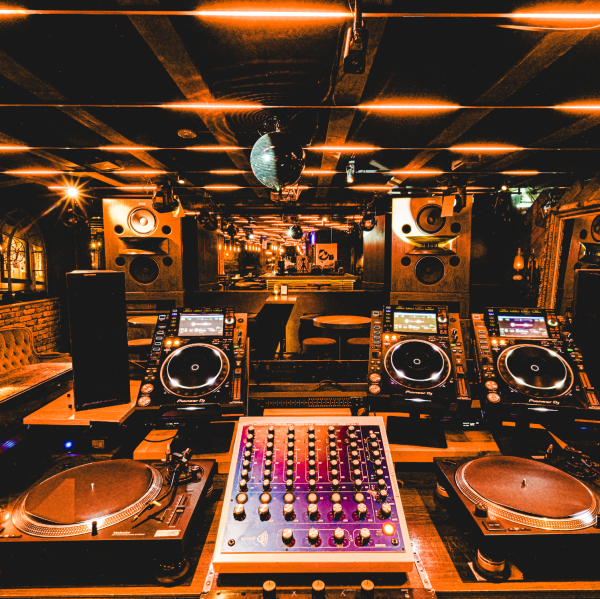
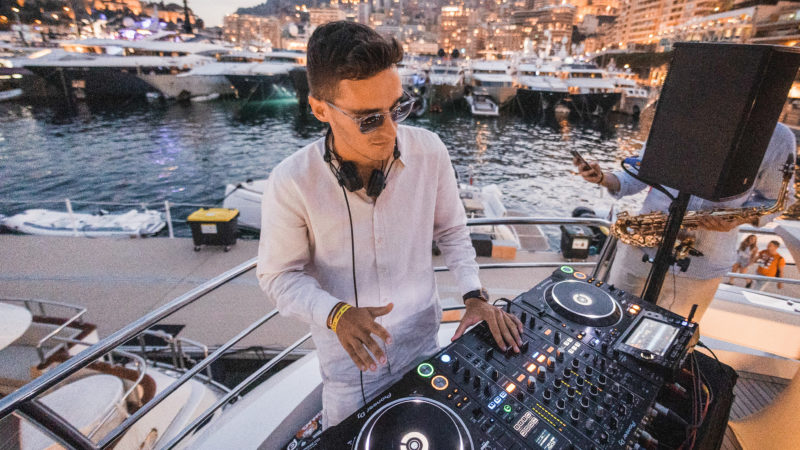
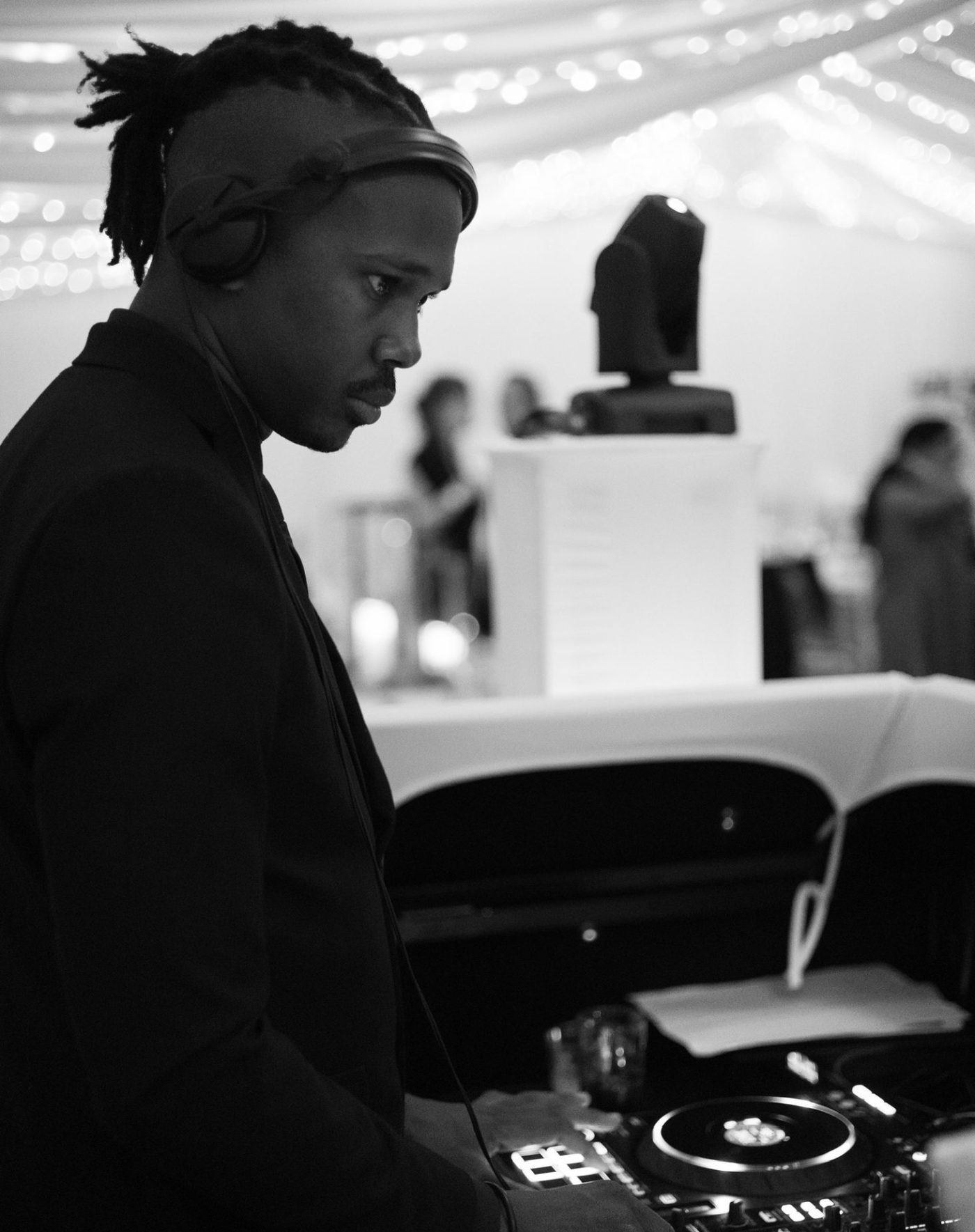
![DJ Kara [photo by Ariana Arroyo]](https://blog.pioneerdj.com/wp-content/uploads/2024/01/DJ-Kara-by-Ariana-Arroyo-1400x1741.jpg)
